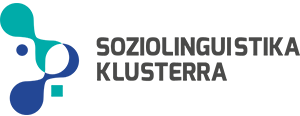In 2006, Foras na Gaeilge developed an Accreditation System for Irish Language Translators, in conjunction with An Gúm (Translation and publishing body), an Coiste Téarmaíochta (the Terminology Committee) and Rannóg an Aistriúcháin (the translation section of the parliament). A seal of accreditation is awarded to translators who achieve a standard of excellence. As a first step in testing this standard, an examination is held for prospective translators. This accreditation system is a continuous process and support in the form of training workshops etc. is given to help people achieve the seal.
As the Irish language changes within the modern environment, new linguistic challenges arise. More than ever, there is a huge demand for translators, due to the status of Irish in the EU and the Official Languages Act 2003. This innovative accreditation system has provided reassurance regarding the competence of individual translators and ensured high standards in translation work. This system has primarily focused on individual translators in order to establish a panel of accredited translators.
From the outset the objectives of the participating language bodies (named above) and that of the Department of Arts, Heritage and the Gaeltacht was to develop a robust accreditation system that would incorporate the intricacies of the language from different dialects, to modern and technical jargon to prose and official communications. An accreditation system dedicated to the highest of standards has a vital role to play in the continued development of the language. There are 159 accredited translators to date, (eventhough a large number have sat the exam unsuccessfully due to the high standard).
